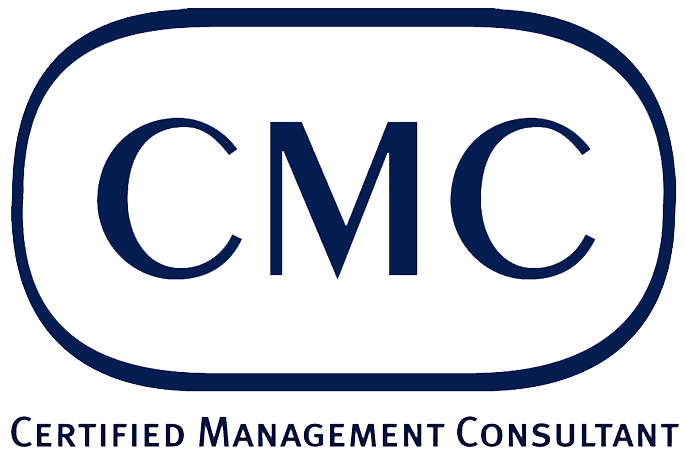
You will be surprised as a Manager and a Leader. Especially as a first-time Manager with front-line accountabilities for ongoing operations. I certainly was. Organizational life will, as Dwight Mihalicz’s ‘5 Requirements of Effective Managers’ sets out, now be different for you. The role’s surprises will vary in immediacy and complexity. Included might be the rewards and challenges of supervision, the intensity from ‘always on’ availability of products and services, responding to and initiating escalations, reporting progress and disclosing deficiencies and engagements with independent 3rd parties performing regulatory oversight or governance. My list of unwelcome surprises always includes, near the top, an adverse outcome from an Operational Risk. The consequences of which can abruptly divert the track of your career.
Manage Actively; Including for Operational Risk
The new Manager will want to act promptly to concentrate on high value accomplishments and success defining deliverables. In addition, one must become practiced at ensuring compliance with the firm’s Policies and Procedures as well as the Processes devised by your Unit for its’ own control purposes. When actively applied, they are an essential guard against the risks and consequences of operational failure or variance from standards. Being able to establish consistent conformity is essential to operating ‘safely’. Governance when not mastered can put the new Manager’s achievements at risk.
The combination of the benefits of Policies and Procedures and your Unit’s Processes include:
- Reliably protecting and successfully projecting the resources for which the new Manager is now accountable.
- Enabling confident, timely disclosure of the ‘as is’ state.
Which enables the new Manager to:
- Achieve responsibilities to one’s Leadership, Team (Employees and Contractors), Peers, Stakeholders, Shareholders and Customers and Suppliers.
- Know the current state. You can’t say that you didn’t know.
- Be authoritative when responding to questions about the current state and actions being taken. And knowing, you can’t say that you didn’t act.
Action Items for the New Manager
- Understand the purpose, benefits, features and utilization of the controls governing your Unit’s activities: the firm’s Policies and Procedures as well as your Unit’s own Processes.
- How is completeness of your Unit’s processes determined? ‘Templates’ for consistent content? ‘Processes’ for approval, revision, currency, etc.? Do your Unit’s Processes conform?
- Confirm with your staff their accountabilities and prerequisites (training, authorizations, resources, etc.).
- What other Processes are required? How do you know? When will you ask next?
Remember that Processes once introduced will need leadership to be consistently effective. Beyond being ‘managed’.
An Independent Check – Internal and Shareholders’ Audits
The outcome of an Audit typically has high visibility. Senior and executive management will see the results of tests of your Unit’s conformity to corporate Policies and Procedures and the Processes devised and implemented by your Unit. Auditors (independent whether Internal or the Shareholder’s) have a responsibility to Management to report the results of their periodic tests including a description of any deficiencies and gaps (variance from Policies and Procedures and the Unit’s Processes are evidence of risks) categorized as either Major or Minor.
The findings contained in an Audit report give the new Manager an important and ‘independent’ assessment of the operating integrity of your Unit. New Managers must ensure that all issues reported on are responded to. Starting with a copy of your Unit’s most recent Audit Report(s) the new Manager should:
- Determine the current status of measures taken to respond to all in scope reported deficiencies and gaps and ensure their timely completion.
- Establish the timeline for making updates to and submission of Unit Self-Assessment(s).
- Review the prior Audit’s ‘Pull List’ and Auditor’s follow-up questions and your Unit’s responses including supporting working papers.
In Summary
Remember that you will be asked, not always at a time of your choosing, about the adequacy of your Business Unit’s capabilities to avoid, to detect and to respond to Operational Risks. Confidence in your Unit’s conformity to Policies and Procedures and the reliability of the Unit’s Processes contributes materially to predictability. Which enables you to focus on the ‘other’ right things; all contributing to the right outcomes: your Team, Customers and Suppliers, Peers and Leadership and Stakeholders. Including setting a good example of disclosure and discussion.
Source: http://www.effectivemanagers.com/dwight-mihalicz/manage-actively-for-operational-risk/
